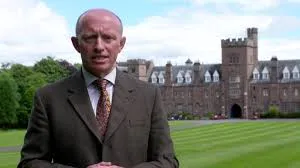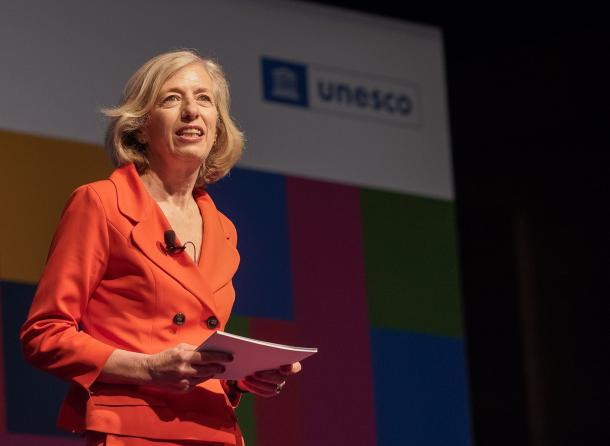
Glenalmond head resigns post acquisition
Glenalmond College Leadership Changes After Major Ownership Shift
In a landmark moment for Glenalmond College, the prestigious Scottish independent school, its headmaster, Mark Mortimer, has resigned shortly after the school was acquired by a new international education group. This transition marks the end of an era for the institution and signals the beginning of a new chapter that many hope will secure the school's future amid evolving challenges in private education. The resignation highlights the significant impact that changes in ownership can have on leadership dynamics and institutional identity.
Glenalmond College has long been recognized for its academic excellence, historic traditions, and picturesque campus in Perthshire. However, like many private schools across the UK, it has faced pressures from fluctuating enrollment numbers, rising operational costs, and the broader uncertainties of the education sector. These challenges have intensified in recent years, prompting the school’s governing body to seek new investment and strategic partnerships to safeguard its legacy. The acquisition by a globally backed education group was seen as a promising solution, bringing fresh capital and ambitious plans for expansion and modernization.
Mark Mortimer’s resignation, announced shortly after the takeover, was described as a mutual and respectful decision between him and the new owners. Mortimer had served as headmaster for several years, during which he focused on improving academic standards, enhancing pastoral care, and expanding extracurricular offerings. His departure comes at a moment of transition, allowing the incoming management team to install leadership aligned with their vision for Glenalmond’s future. While some in the school community expressed sadness at the departure of a familiar figure, many also acknowledged the inevitability of change during such a transformative period.
The new ownership group has articulated a clear strategy to evolve Glenalmond into a modern, globally competitive institution. Their plans include significant investments in facilities, scholarship programs, and curricular innovation. The goal is to blend the school’s historic strengths with cutting edge educational practices, positioning Glenalmond to attract a more diverse and international student body. To achieve this, the group has appointed new senior leaders with experience in international education, signaling a shift toward a more outward looking, entrepreneurial approach.
This leadership change comes with both opportunities and risks. On one hand, the infusion of resources and a fresh strategic direction can revitalize the school, enhance its reputation, and improve student outcomes. On the other hand, there are concerns about maintaining Glenalmond’s distinctive character and traditions amid increased globalization and commercialization pressures. The balance between honoring the school’s heritage and embracing innovation will be a central challenge for the new leadership team.
Community reaction to the changes has been mixed but mostly cautious optimistic. Parents, alumni, and staff recognize the need for financial sustainability and competitive positioning in a crowded market. However, some worry that rapid changes might disrupt the school culture or lead to a loss of the personal touch that has defined Glenalmond’s ethos. Transparent communication and inclusive engagement will be vital to ensuring community support and smooth implementation of the new vision.
Looking forward, the school faces the task of navigating these changes while upholding its commitments to educational quality, student welfare, and community values. The departure of Mark Mortimer marks the close of one chapter but also opens the door to new possibilities. If managed well, this transition could herald a period of growth, innovation, and strengthened global relevance for Glenalmond College. The school’s ability to adapt while preserving its core identity will determine its trajectory in the years ahead.
In summary, Glenalmond College’s leadership transition after its acquisition reflects wider trends reshaping independent education. Financial challenges, demographic shifts, and globalization are driving schools to rethink governance and strategy. While change is often difficult, it also offers a chance to renew purpose and direction. For Glenalmond, the coming period will be crucial in defining how it balances tradition with transformation and continues to prepare young people for a complex, interconnected world.











